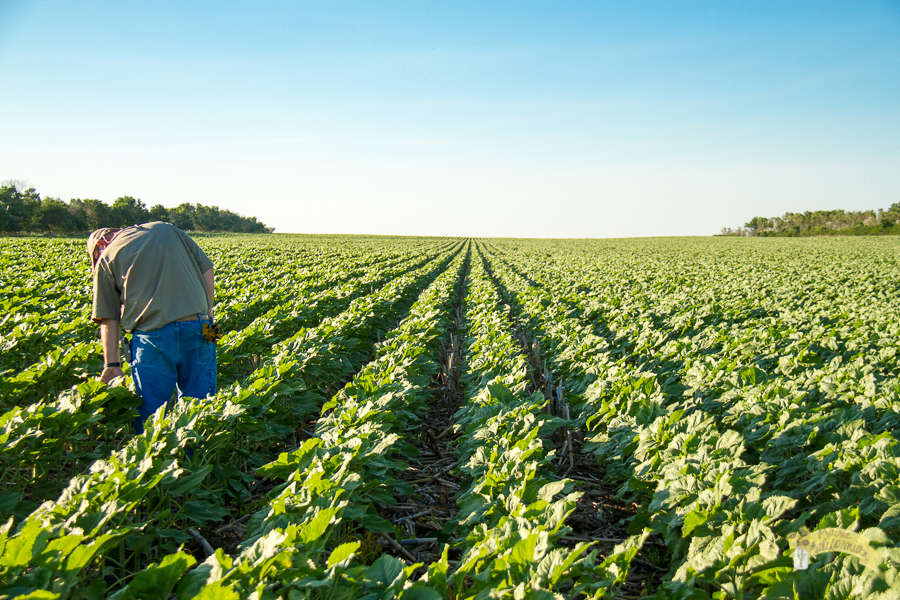
What on earth is an agronomist?
An agronomist is a professional who applies scientific understanding and procedures into the administration and creation of crops. Agronomists work in a variety of settings, from farms and ranches to government organizations and personal corporations. They could also do the job in research laboratories or instruct at colleges and universities.
Most agronomists have no less than a bachelor's diploma in agronomy or maybe a linked subject, for example agricultural science or soil science. A lot of agronomists also have master's degrees or doctorates. The exact nature of the agronomist's career is dependent upon their specialty and employer.
Agronomists play a significant purpose in making certain that crops are healthy and successful. They use their familiarity with plant science to develop ways to boost crop yield, combat pests and diseases, and preserve water along with other resources.
The role of the agronomist
is to help the entire world meet its rising food production requirements. Based on the U.S. Bureau of Labor Statistics (BLS), work for agronomists is expected to expand quicker than typical, with openings as a result of growth and alternative requirements.
The work of an agronomist
is complicated and satisfying, with agronomists often becoming involved with research and training.
The education and learning of an agronomist
Agronomists will need at the very least a bachelor's diploma in agronomy or related area from an accredited uni.
The future of agronomy
Agronomists help to make certain that the whole world's population has adequate food items, and they function to boost crop yields and reduce agriculture's impact on the natural environment. The BLS claims that agronomists are in demand, but the level of competition for Work is probably going to generally be strong.
Summary
Agronomists are focused on the study of plants, and so they get the job done in many different fields, from agricultural research to raising crops. Agronomists more info are required to make certain that crops are produced for consumption, but they also help generate biofuels together with other plant-based products and solutions.